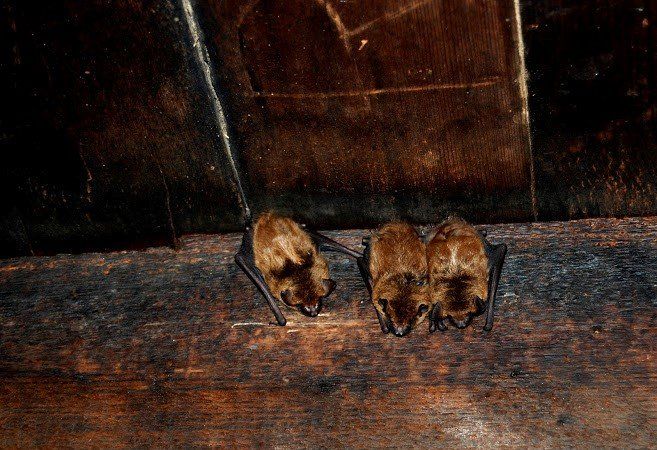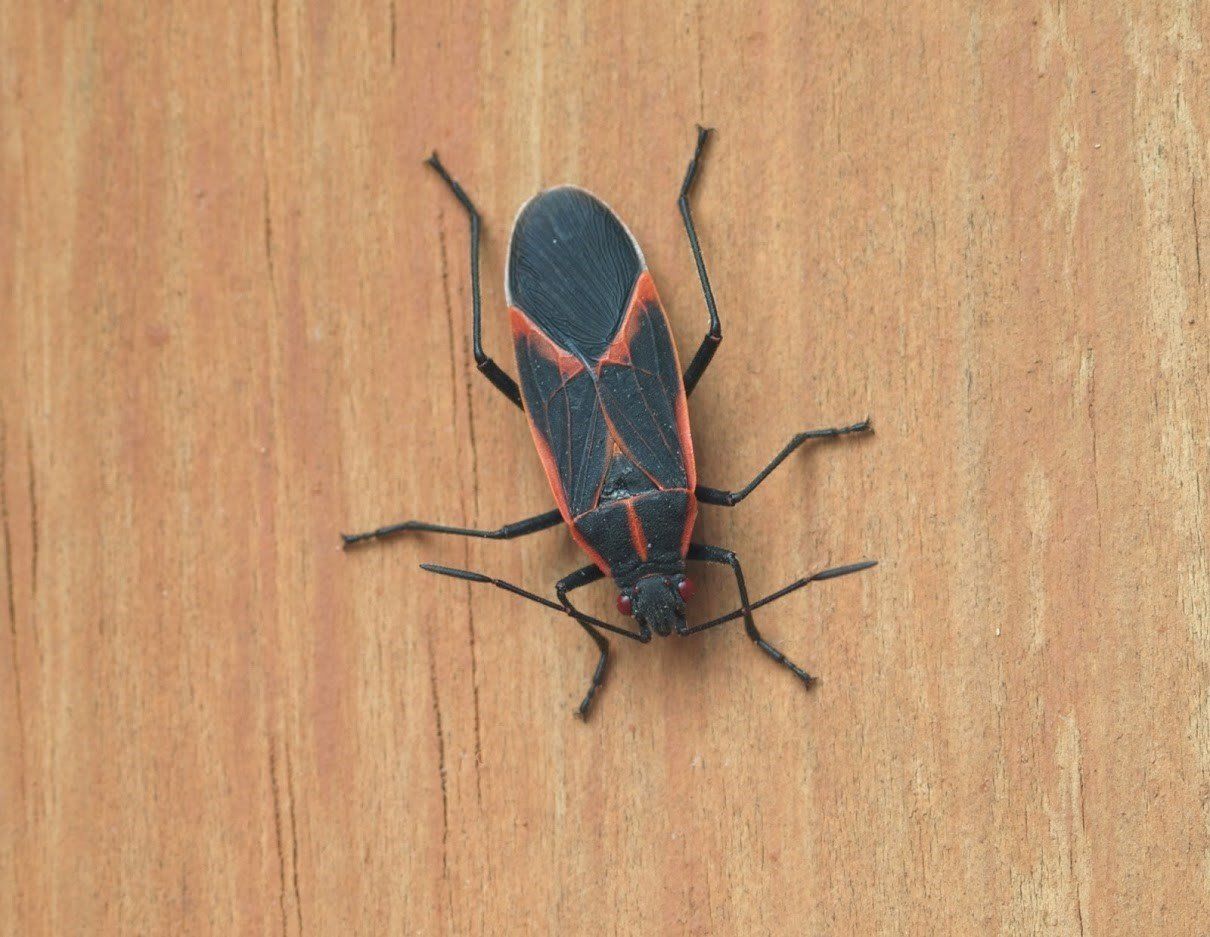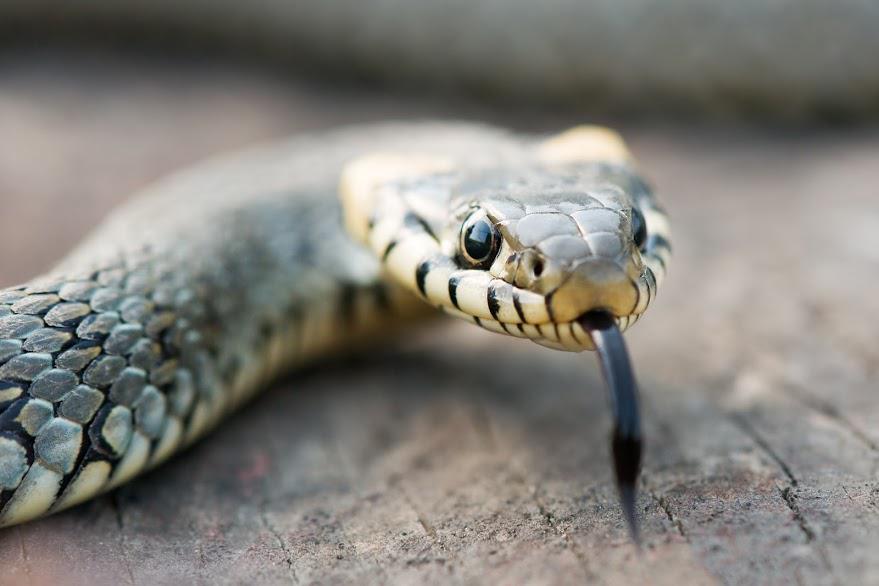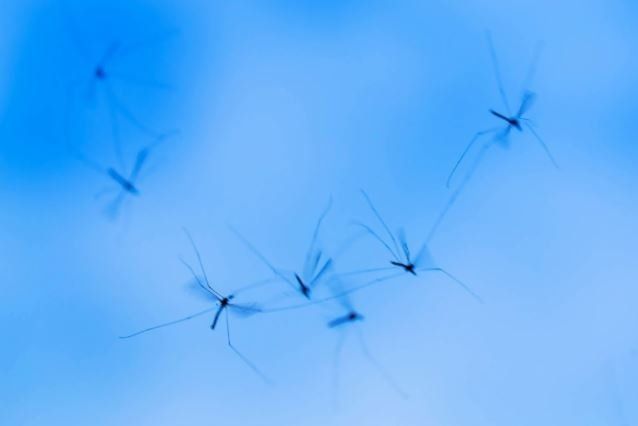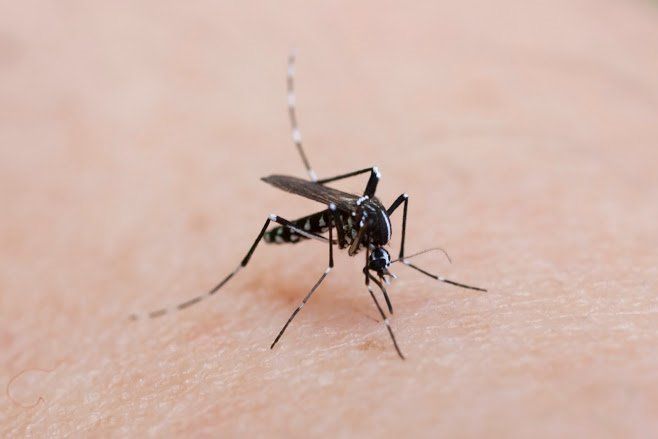Dealing With Spiders in Your Home? | Anteater Pest Control, Inc.
websitebuilder • September 6, 2018
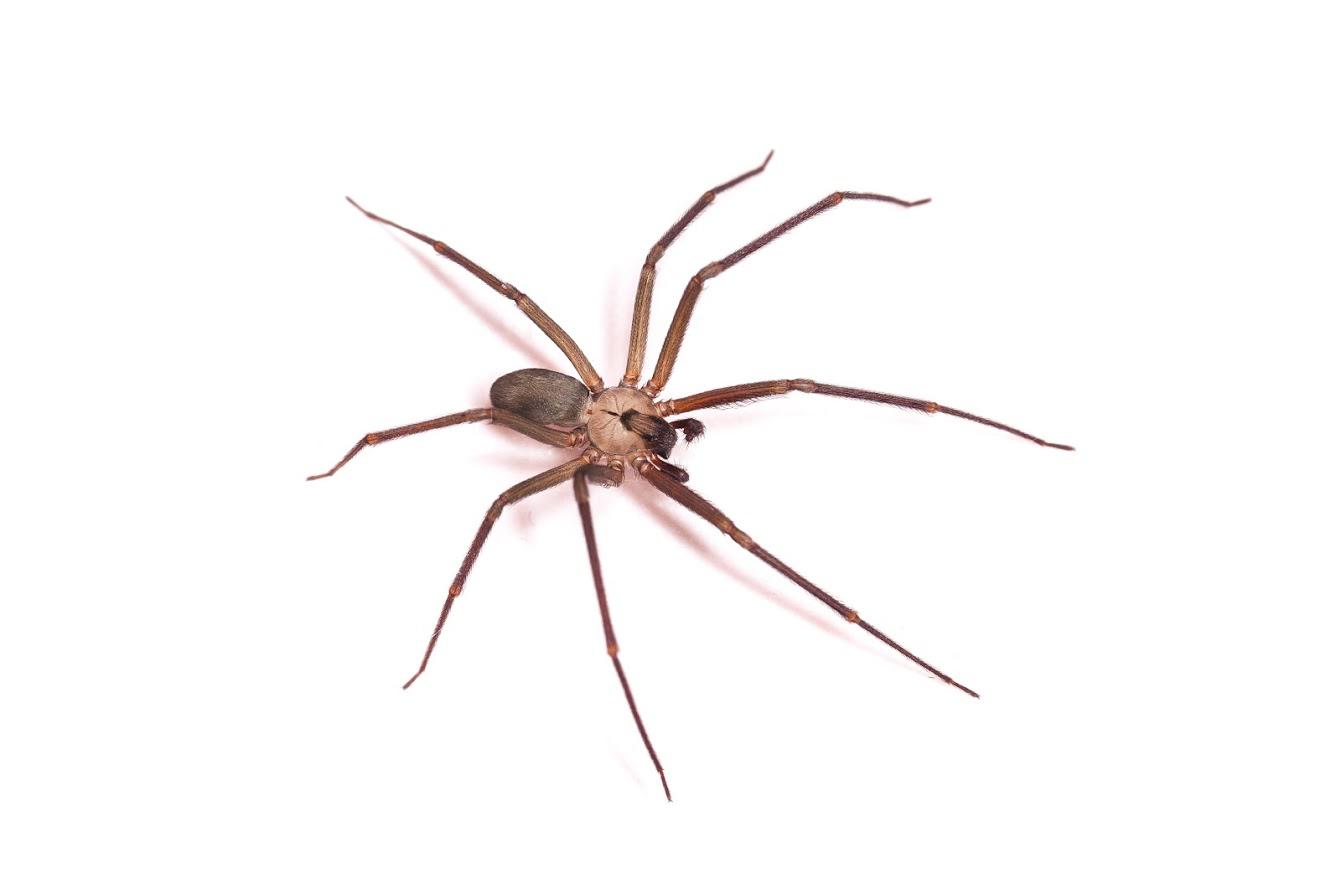
Spiders are a common problem in homes, especially in autumn. As the summer ends and fall begins, many homeowners start to see more spiders inside their house. Getting rid of spiders can be a challenge. These tips will help you keep your home free of spiders throughout the autumn and the rest of the year.
Clean Your Home Inside and Out
Clear out all old and new spiderwebs from your home. Spiderwebs can often be found in dark corners, abandoned basements, doorways, closets and in any untraveled part of the house.
While you're clearing out the home's interior, take the time to remove clutter from the outside of the house as well. Organic debris like piles of leaves, sticks, and dead piles of grass can attract insects, which in turn can attract spiders. By keeping up with yard and home maintenance, you can get rid of spiders gradually over time.
Seal Cracks
Cracks in your home allow bugs and spiders to enter. You might find cracks all around the house, from the narrow crack beneath doors to cracks in your foundation. Sealing cracks is done in many ways, depending on the type and size.
To seal natural cracks under doors and around windows, use weather stripping. Weather stripping is designed to plug up the house to prevent cool or warm air from entering the home.
Sealing cracks in the siding or foundation may require special caulk. Talk to a contractor to get cracks in your home properly sealed.
While you're looking for cracks, check the outside of the house for any vent openings where spiders can enter. Cover the openings with mesh wire that is small enough to keep spiders out.
Sprinkle Boric Acid Around Your Home
Boric acid is a powder that is nontoxic to humans but toxic to insects and spiders. Sprinkle boric acid around the house to help reduce the spider population, especially targeting parts of the house where you often see spiders.
Another solution that can help you get rid of spiders is diatomaceous earth. Sprinkle diatomaceous earth in all the areas of the home where spiders are commonly seen.
Control the Insect Population
Spiders eat insects, so when the insects go away, spiders follow. The best way to prevent spiders from coming to your home is to control the insect population. The best way to do this is to contract with a pest control company. Getting regular treatments from a pest control company can help homeowners to reduce the number of spiders around their house.
Limit Your Outdoor Lighting Options
Spiders like to make their webs around exterior lights for one obvious reason: insects are attracted to lights at night. By turning off the lights, you can reduce the number of bugs outside your home, and that can reduce the number of spiders around your home.
Spray for Spiders
One of the most effective ways to get rid of spiders around the house is to spray for spiders regularly. Many different kinds of spiders will start outside and eventually find their way inside as the population of spiders and insects outside the house grows.
Spraying for spiders outside the house can help reduce the spider population in the yard, which in turn can help keep the population inside the house under control.
Contact Your Pest Control Company
If you're a homeowner who would like to reduce the number of spiders in your home and yard, contact a reputable pest control company. Your pest control company can spray for spiders and insects, which can help keep your home pest-free.
For more information about how you can control the spider population in your home, contact Anteater Pest Control, Inc.
We're happy to answer your questions!
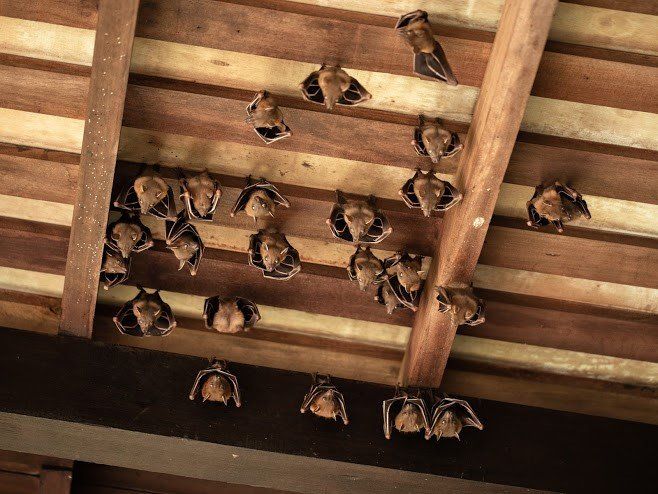
Bats can be cute when you see them in nature, but inside your home, they are more than just a nuisance. Bats can carry deadly diseases, like rabies, which means that if you have a bat, you need to take steps immediately to solve the problem. Removal Options Removal is best left to a professional due to the risks involved. Single Bat A single bat may get into the house through an open window or the chimney. The good news is that this usually is a one-time event and you don't have an infestation. The best course of action is to remove pets and people from the room with the bat, open all of the windows in the room, and then close off the room so the bat can't get into the rest of the house. With luck, the bat will find a window and leave. If you must handle the bat, wear gloves and do not touch the bat directly. The safest option is to call in a pest service if the bat doesn't leave on its own. Roosting Colony Sometimes your home provides the perfect place for daytime roosting. Little-used attics are most at risk, but bats may also colonize crawlspaces, spaces in your walls, or outbuildings. You should not try to remove an entire colony of bats on your own. A pest professional that is aware of local and federal wildlife laws should be called in to trap and remove the bats. Prevention Tactics Once you are free of the bats, your next step is to ensure that they cannot return. Exclusion If a bat can't get into your home, you can't have a bat problem — which is why exclusion is your main goal. Your pest service will inspect your home and find the likely entry points that the bats are using. You can also watch your home during the twilight hours to find where the bats are emerging. Once you know the likely entry points and have had all bats removed from the house, you can seal up the openings so the bats can't regain access to your home. Alternative Dwellings If you live in an area with a high bat population or would simply like to keep these beneficial insect-eaters nearby, then providing alternative dwelling options can be just the ticket for diverting bats away from your home. You can buy or build simple bat boxes. These boxes are typically attached to trees or poles to provide a more attractive roosting space for the bats. Cleanup Safety Bats are not clean animals. If a bat has been roosting in your home, then you will have droppings (called guano) and urine to deal with. Guano Sanitation Bat guano can carry histoplasmosis, a fungal spore that can cause a chronic respiratory disease. If you must try to clean up on your own, you need to cover all of your skin, wear gloves and eye protection, and use a respirator mask. All debris must be cleaned up and all surfaces must be sanitized with a bleach solution. Professionals will also use a HEPA vacuum, which has a strong filter that ensures none of the possible fungal pathogens remain in the air. Dead Bat Removal Extreme caution is necessary if there are dead bats in your home. Conditions like rabies can still be transmitted from dead animals. Wear gloves and do not touch the bat directly if you attempt to remove it yourself. The area where the bat was found must also be completely sanitized with a bleach solution. For more assistance with a bat in the home, contact Anteater Pest Control, Inc.

